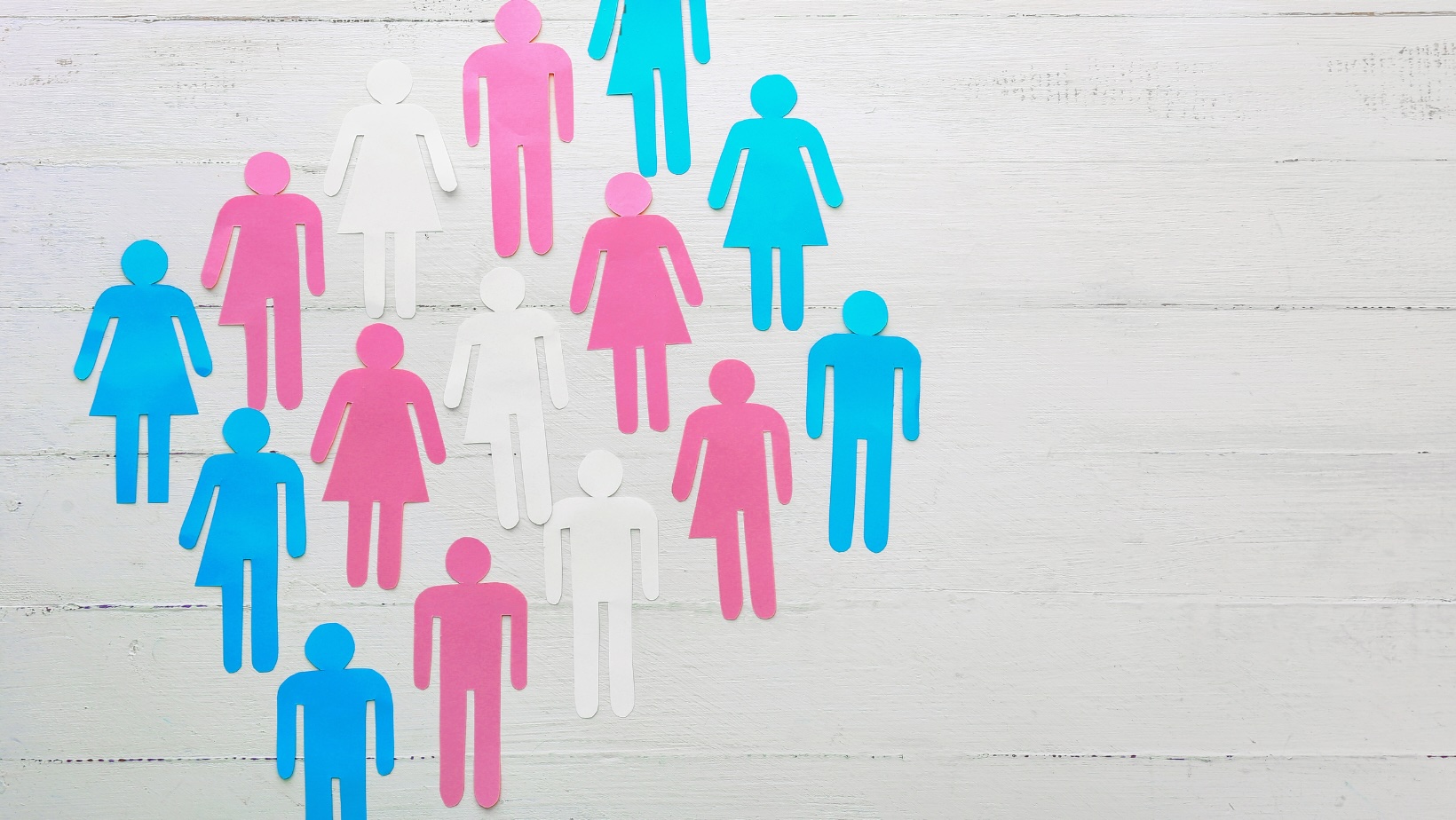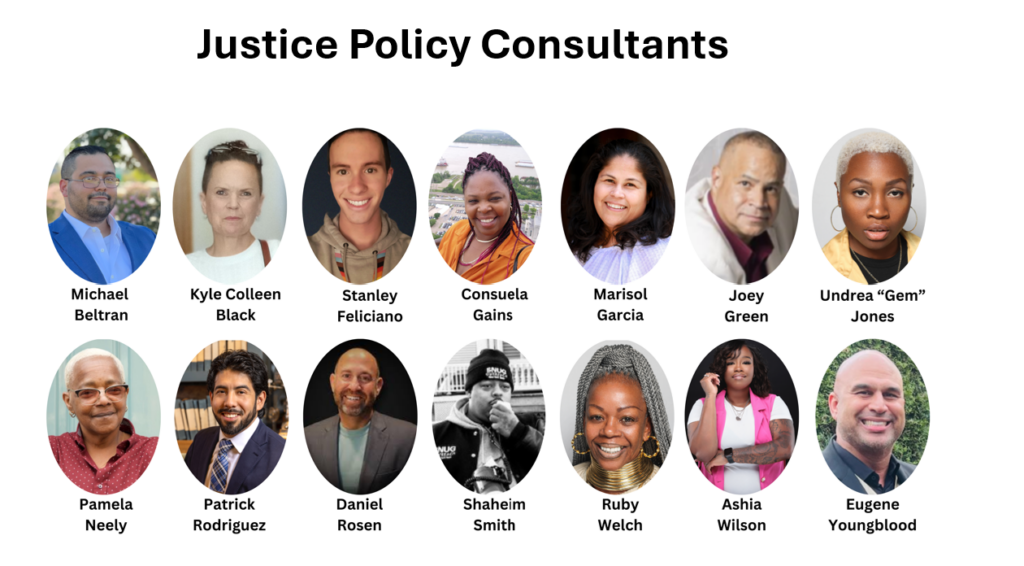Project
Gender Justice Pretrial Toolkit

Overview
This project emerges from the urgent need to interrupt a 50-year trend of rising pretrial detention and incarceration of women, despite them having the lowest risk to public safety and the highest likelihood of being primary caregivers. Nationwide, women’s state prison populations have grown 834% over nearly 40 years. In 2024, there were nearly 190,600 women and girls incarcerated in prisons, jails, and other carceral spaces in the United States.
After engaging in participatory policymaking among CEPP staff, those directly affected by gender injustices, and pretrial practitioners, our inclusive team arrived at two key learnings.
- The pretrial process rarely provides anyone—especially Black and Brown women and gender-diverse people—the opportunity to share their stories and unique circumstances or to advocate for their needs.
- The system does a poor job of explaining the pretrial process to people and acts as if each person experiences the process in the same way.
Our Approach
In response to these learnings, we formulated a model of “participatory pretrial” to address the urgent need for more equitable, just, and family-strengthening decisions for women and gender-diverse people pre-conviction. This model prepares judicial officers, pretrial practitioners, women, and gender-diverse people facing court decisions to support a participatory process, resulting in more informed decisions, greater autonomy for the people charged, a more holistic approach to pretrial release conditions, and, ultimately, an increase in the rates of successful completion for people on pretrial release.
Click here to read full report
Our participatory pretrial toolkit includes the following components. We offer them as a PDF or a Word Document to allow for local tailoring:
- Bench card for judicial officers: to prompt them to consider and ask questions that will provide them with insight and see the humanity of the person in front of them rather than simply their criminal history report
- Available in PDF or Word Document
- Resource for people who were arrested: that offers guidance on interacting with judicial officers, defense lawyers, and pretrial staff, which helps them have agency and advocate for themselves
- Available in PDF or Word Document
- Templates for pretrial services practitioners:
- A pamphlet that informs women about the pretrial process and the services available, including supportive (voluntary) services
- Available in PDF or Word Document
- An intake form designed to elicit information about the person charged and their individual needs
- Available in PDF or Word Document
- A pamphlet that informs women about the pretrial process and the services available, including supportive (voluntary) services
Click here to read full report
The Impact
Our collective work in this critical area has the potential to contribute to the improvement of pretrial outcomes and to more women leading productive lives in the long term.
Issue Areas
Partners
- Kristie Puckett
- Darlene George
- Skye Adams
- Opportunity Scholars
Related Projects
CEPP Justice Policy ...
CEPP seeks to ensure that currently and formerly incarcerated people have opportunities to apply their lived experience, collective skills, and intell...
Opportunity Scholars
Opportunity Scholars is an initiative that supports people with lived experience in the carceral system to grow personally, professionally, and academ...





